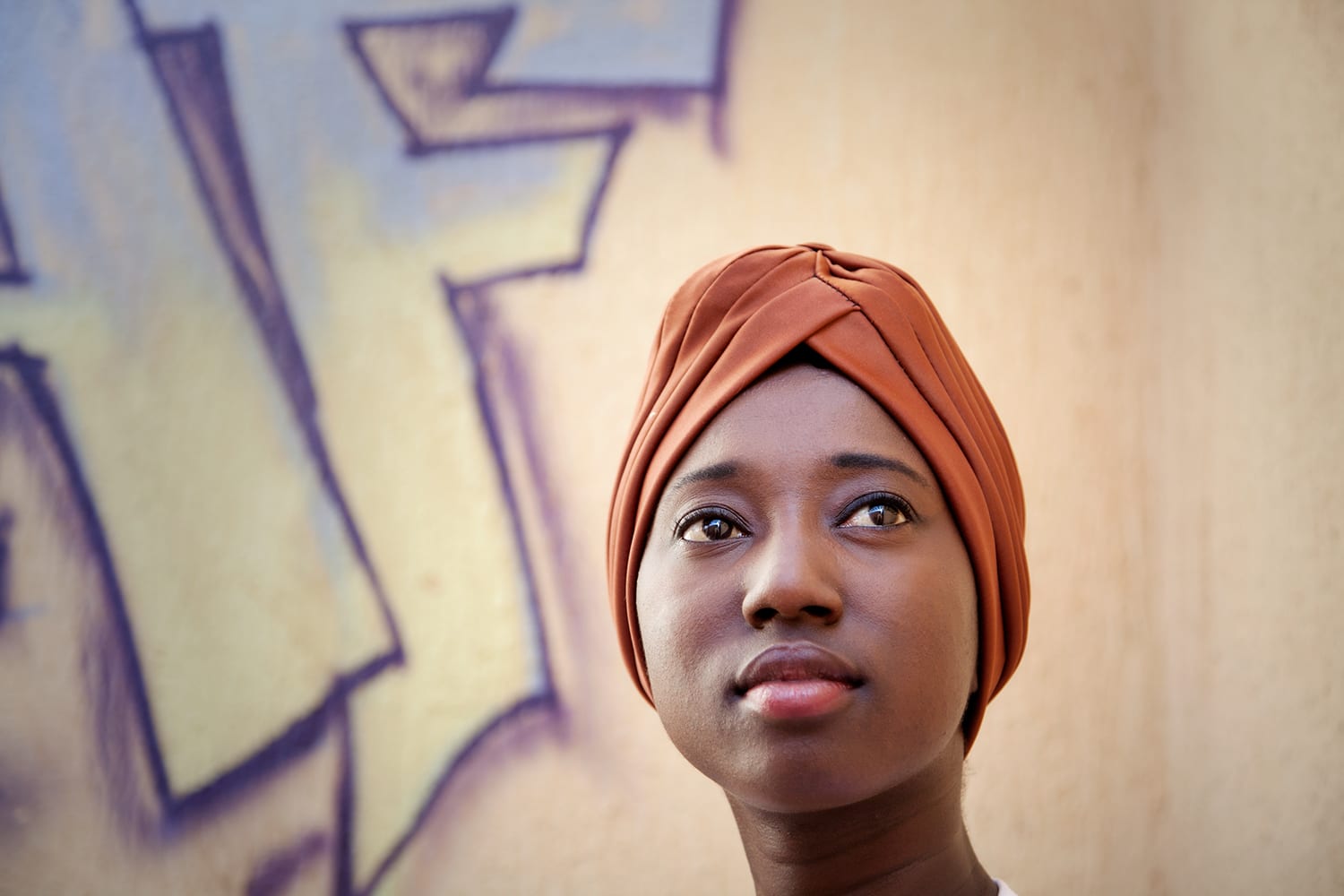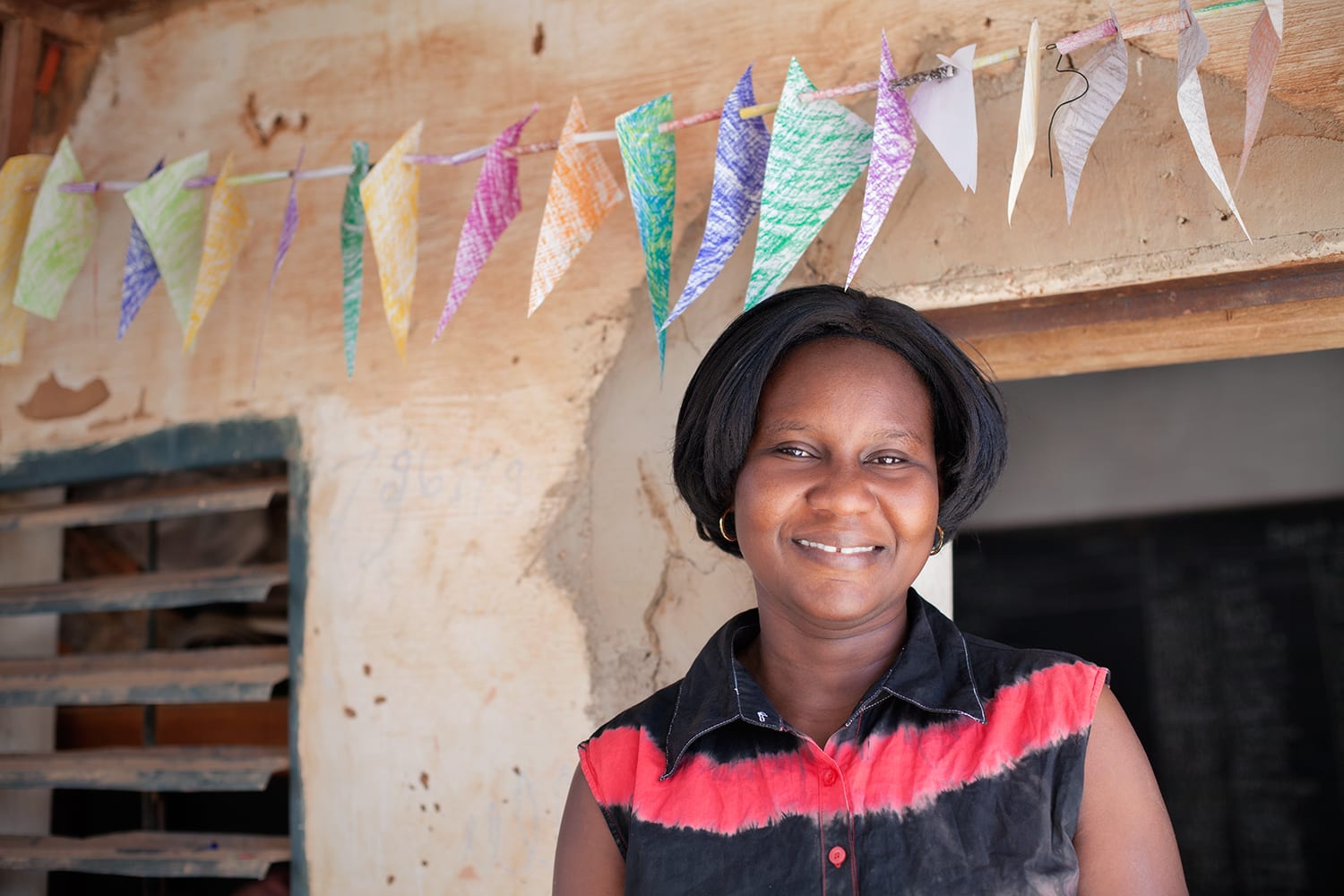Leila Alaoui, the 33-year-old French-Moroccan photographer, died last night as a result of injuries sustained during Friday’s al-Qaeda terrorist attack in Burkina Faso, along with her driver, Mahamadi Ouédraogo, a father of four.
Alaoui was working on assignment on women’s rights issues for Amnesty International. The human rights organisation and French culture and communications minister Fleur Pellerin both confirmed her death this morning.
Talking to BJP this morning, Yves Traore, Director of Amnesty International Burkina Faso, paid tribute to them both.
“Leila was an extraordinary young woman,” Traore said of Alaoui. “We wanted to work with her because of her talent, and her passion for helping women, girls and marginalised people tell their own stories and claim their rights. As a strong woman herself, she wanted to show women as authors of their own destiny, not as victims. We are all devastated by her loss.”
Talking of Alaoui’s driver Mahamadi Ouédraogo, Traore said: “Mahamadi was a dedicated, helpful and caring colleague. His warm smile and discretion were a feature of the many Amnesty missions that he accompanied us on over the past seven years. He did more than drive us safely everywhere; he also joined in to help out during mission activities. His death is a huge loss to us all.”
Alaoui was seriously injured when militant gunmen affiliated to al-Qaeda in the Islamic Maghreb (AQIM) stormed the Splendid Hotel and the Cappuccino restaurant in Ouagadougou, the capital city of Burkina Faso, West Africa.

Alaoui and Ouédraogo were parked outside the Cappuccino cafe, opposite the Splendid Hotel – both popular venues for travellers – when the attack occurred. Both were shot multiple times at close range.

Alaoui underwent a six-hour operation over the weekend at a local hospital and was expected to be flown back to France soon, but she succumbed to her injuries on Monday night after suffering a heart attack.
Alaoui’s mother told the French publication le360 that her daughter was among those evacuated by the Burkinabe security forces.

Born in Paris in 1982, Alaoui studied photography at City University of New York (CUNY). She lived between her native Morocco and Beirut, Lebanon.
She described her work as exploring “the construction of identity and cultural diversity, often through the prism of the migration stories that intersect the contemporary Mediterranean. Her images express social realities using a visual language that combines the narrative depth of documentary storytelling and the aesthetic sensibilities of fine art.”
In an interview with Al Jazeera, Alaoui discussed her ongoing interest in migration, saying:
“Throughout my adolescence in Morocco, stories of migrants drowning at sea became regular on the news. In my eyes, these stories were constant reminders of deep-rooted social injustice.
“My French-Moroccan identity gave me the privilege of crossing borders freely while others couldn’t. When I turned 18, I moved to the United States and became even more exposed to questions of belonging and identity construction. I developed strong interests in ethnic minorities, sub-cultures and marginalised groups.
“This strengthened my conviction to develop my own style and voice, using photography, video art and social activism.”
Her work has been exhibited internationally at galleries including the prestigious Maison Européenne de la Photographie in Paris, and has been featured in newspapers including The New York Times and Vogue.
A full statement from Amnesty reads:
“It is with great sadness that Amnesty International has learned of the tragic death of photographer Leila Alaoui and driver Mahamadi Ouédraogo, as a result of the al-Qaeda attack in Ouagadougou on Friday.
“Leila was shot twice, in the leg and thorax, but was quickly taken to hospital and was initially in a stable condition following an operation. A medical evacuation was being prepared when she suffered a fatal heart attack.
“Leila was a talented French-Moroccan photographer who we had sent to Burkina Faso to carry out a photographic assignment focusing on women’s rights.
“Mahamadi was killed in his car. A father of four, he was a great friend to Amnesty International having accompanied staff and consultants on missions in the country since 2008. Our thoughts are with his wife, children and family. He will be sorely missed.
“Amnesty International’s absolute priority is to ensure the best possible support for Mahamadi and Leila’s families. The organization’s representatives are at the hospital liaising with her family, doctors and all necessary officials.
“Mahamadi and Leila were parked outside the Cappuccino cafe, opposite the Hotel Splendid when the attack occurred.
“Ouagadougou was not considered to be a high-risk destination and Leila was being supported by colleagues from our national office in Burkina Faso during her assignment and accompanied by Mahamadi, a national of Burkina Faso.”
See more of Alaoui’s work here. More details to follow.
